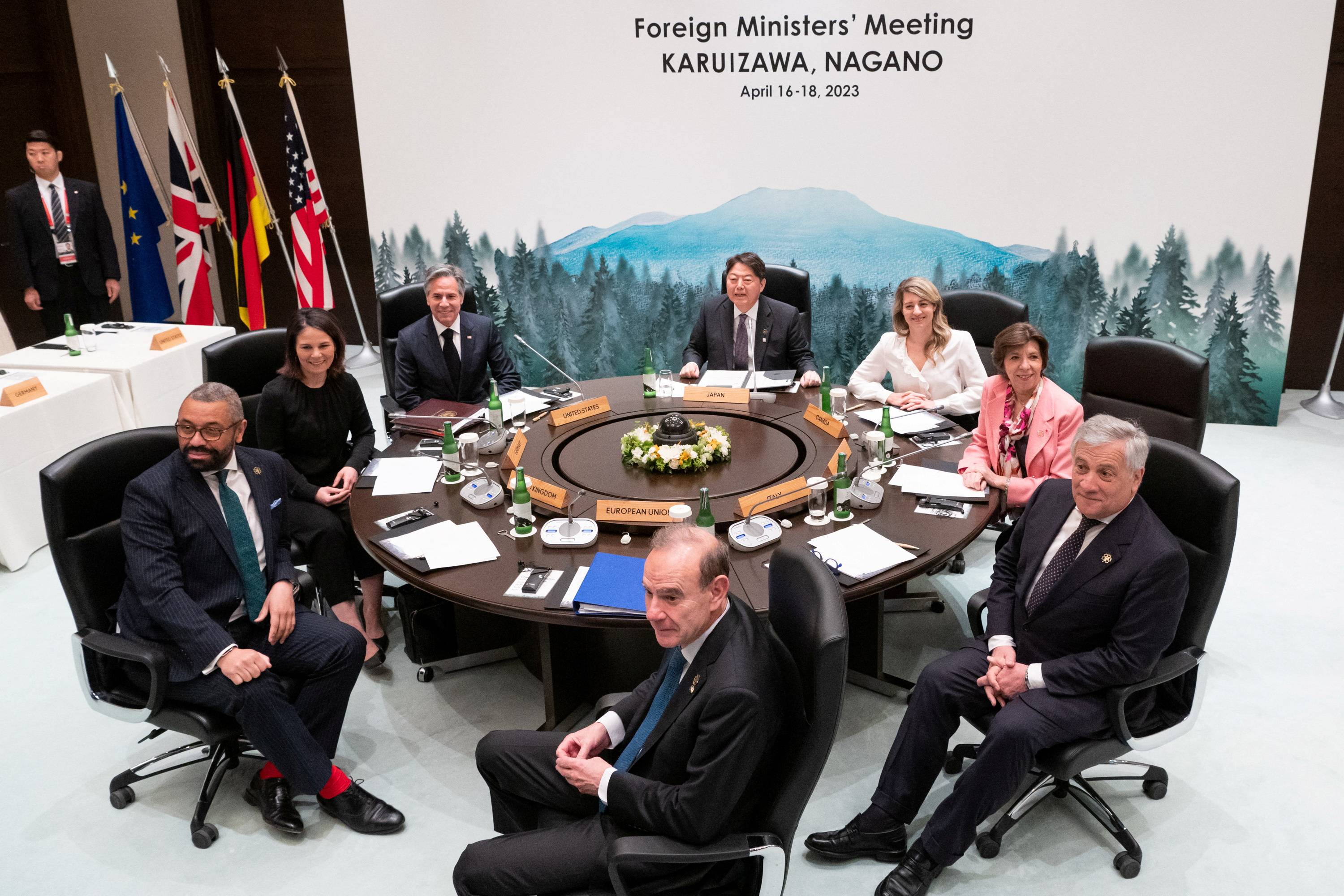At the Group of 20 Summit in Pittsburgh in 2009, U.S. President Barack Obama announced that the G20 would replace the Group of Seven, designating it as the “premier forum for international economic cooperation.” The ascendance of the G20 was a major turning point for international deliberation, creating an opportunity for emerging economies, mostly non-Western countries, to have a voice at the table in global agenda setting.
Following Obama’s shift to focus on the G20, his successor, President Donald Trump, described the G7 as an “outdated group of countries.” Indeed, the G7 used to make up 70% of the global economy when it was first formed; by 2016, it was down to 47%.
In today’s world, however, priorities have shifted. While the G7 gained its preeminence at the end of the Cold War, which marked an acute shift in power balancing, the world is now experiencing another geopolitical powershift.



